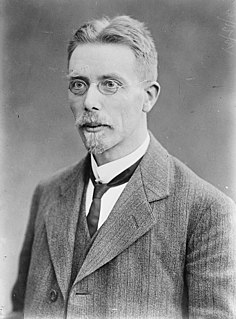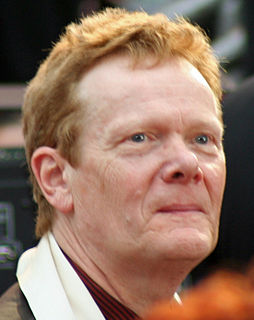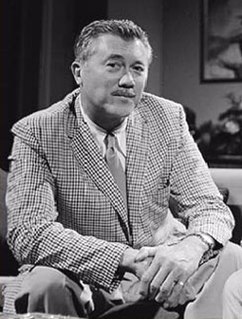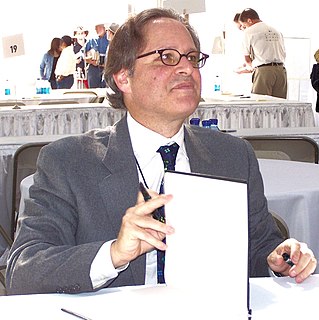A Quote by August Krogh
In man, the mechanical breathing is essential to life, and it is one of the old tests for death to see whether these movements have ceased completely.
Related Quotes
There is another side to death. Whether death happens through an act of violence to a large number of people or to an individual, whether death comes prematurely through illness or accident, or whether death comes through old age, death is always an opening. So a great opportunity comes whenever we face death.
Everybody is afraid of death for the simple reason that we have not tasted of life yet. The man who knows what life is, is never afraid of death; he welcomes death. Whenever death comes he hugs death, he embraces death, he welcomes death, he receives death as a guest. To the man who has not known what life is, death is an enemy; and to the man who knows what life is, death is the ultimate crescendo of life.
Biological death is only a mechanical problem, it can be solved and man can live millions of years! Do not believe in life after death! Seek for the life within the life! The medusa of Turritopsis nutricula is biologically immortal and this little creature is a big inspiration for us! He who thinks positively reaches his target!
The essential factor in the transition of the baroque to photography is not the perfecting of a physical process... rather does it lie in a psychological fact, to wit, in completely satisfying our appetite for illusion by a mechanical reproduction in the making of which man plays not part. The solution is not to be found in the result achieved, but in the way of achieving it.
I am not against standardized tests. There are tests and tests and tests, and, to simplify, the ones I favor are criterion-referenced tests of skills, aligned with the curriculum. Social and emotional skills are important but skills are too. I find it heartbreaking that this is so often seen as an either-or choice. To get to the richness of studying literature, for example, you must first be an adept and confident reader. Whether you are is something a good test can measure.
We are left with nothing but death, the irreducible fact of our own mortality. Death after a long illness we can accept with resignation. Even accidental death we can ascribe to fate. But for a man to die of no apparent cause, for a man to die simply because he is a man, brings us so close to the invisible boundary between life and death that we no longer know which side we are on. Life becomes death, and it is as if this death has owned this life all along. Death without warning. Which is to say: life stops. And it can stop at any moment.
Birth leads to death, death precedes birth. So if you want to see life as it really is, it is rounded on both the sides by death. Death is the beginning and death is again the end, and life is just the illusion in between. You feel alive between two deaths; the passage joining one death to another you call life. Buddha says this is not life. This life is dukkha - misery. This life is death.




































